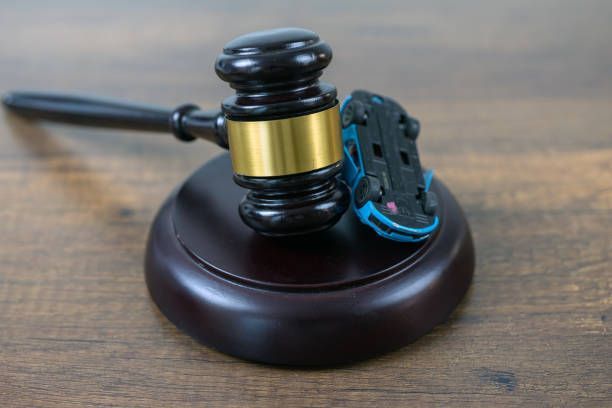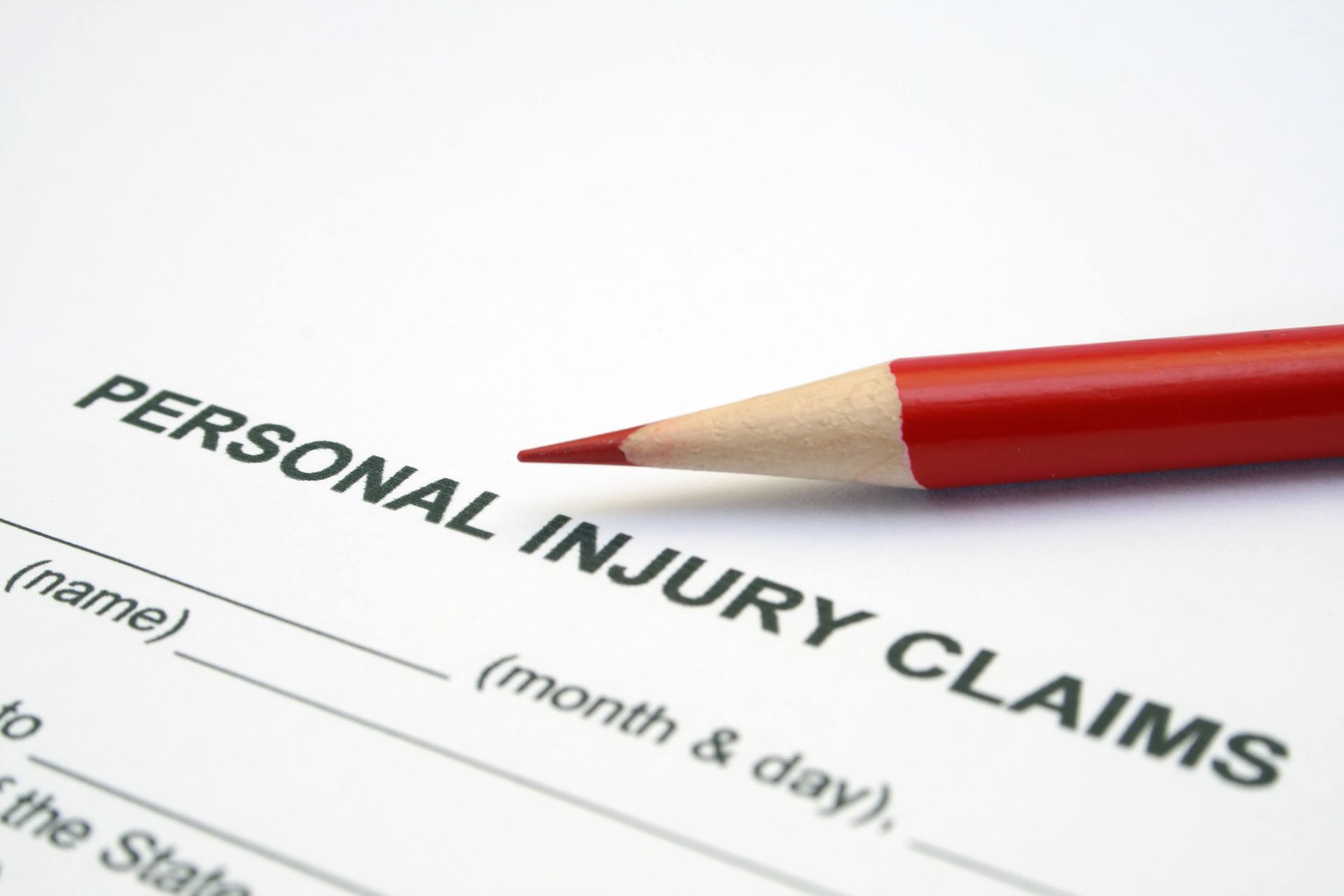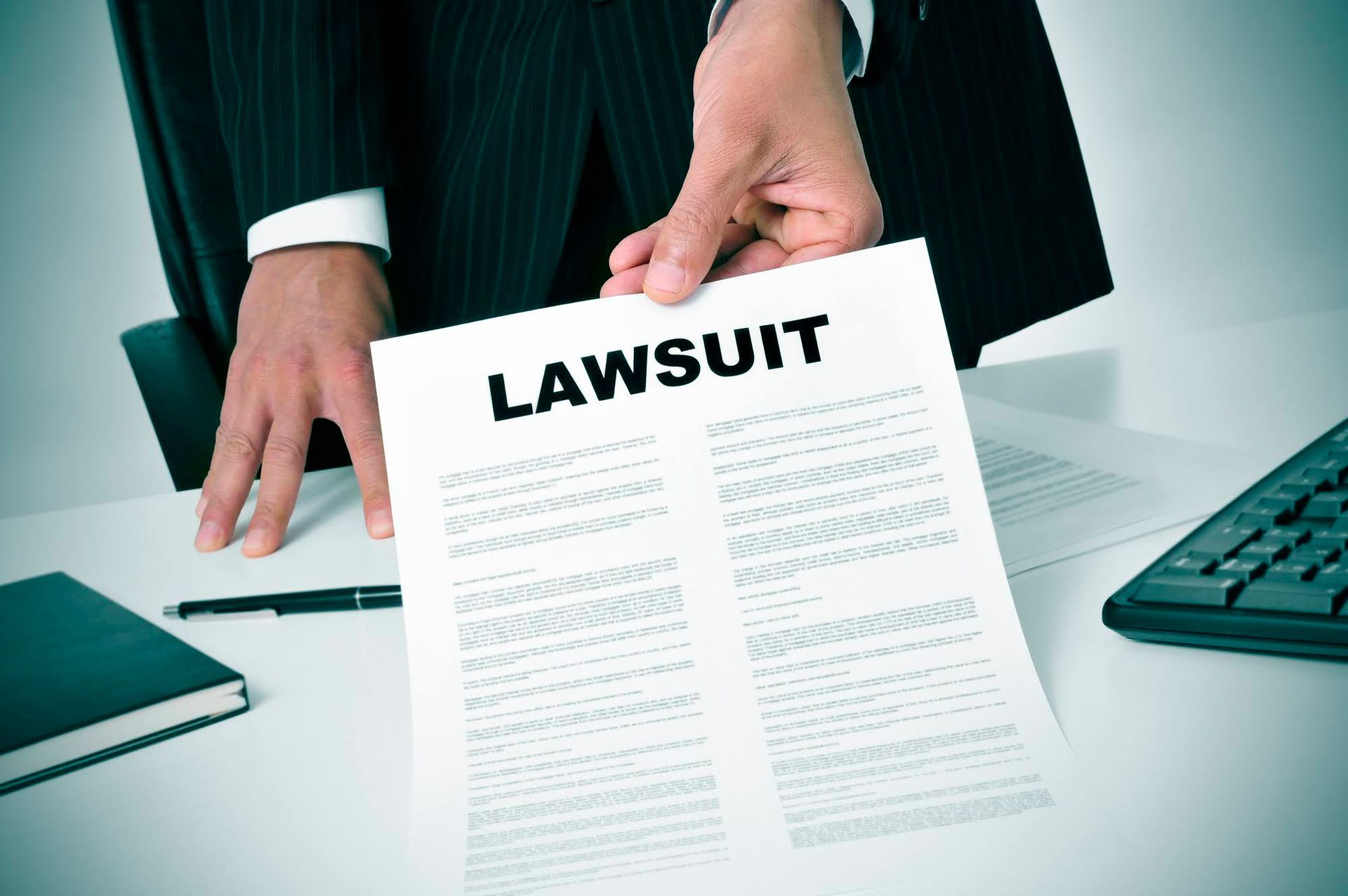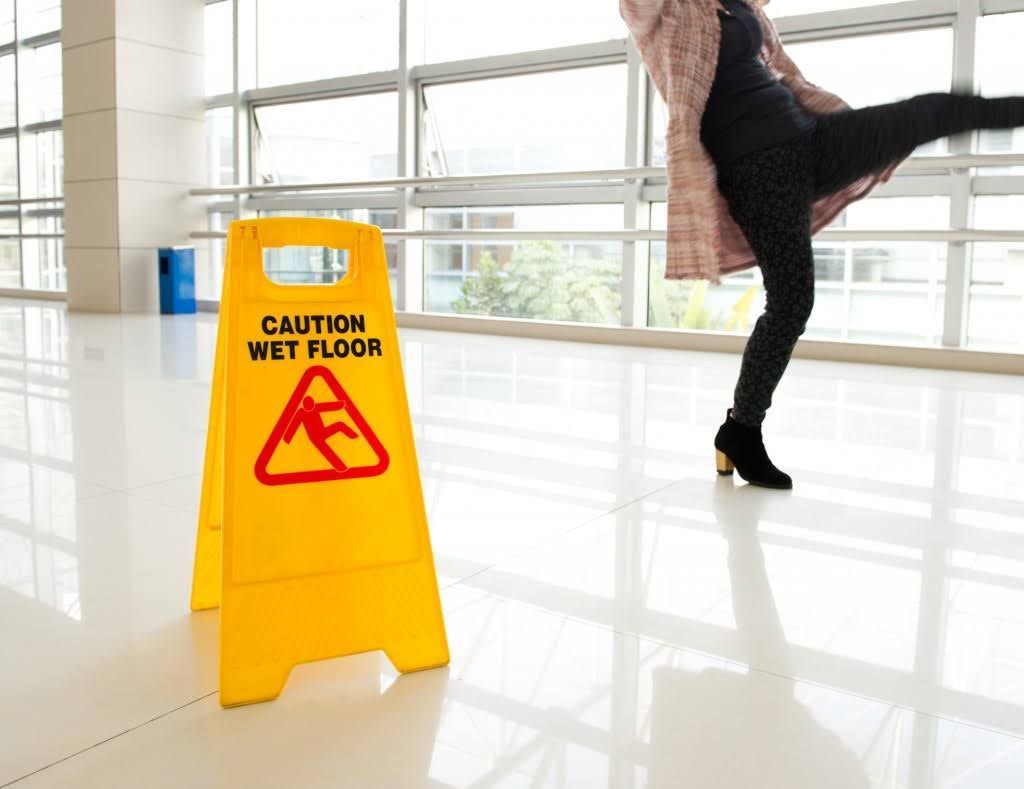5 Mistakes to Avoid When Negotiating Personal Injury Settlement

Even if you have proof that another party's negligence caused your injuries, personal injury negotiations can be overwhelming, especially if you lack negotiation skills and legal knowledge. As a result, some personal injury victims make mistakes that could give insurance adjusters an upper hand, leading to a lower settlement.
Therefore, to ensure that you receive the maximum settlement, you must improve and hone your negotiation skills so that you know which errors to avoid.
Below are some mistakes to avoid during personal injury negotiations.
1. Oversharing About Your Case
Though adjusters may pose as your friend, they call you to protect their employer's (the defendant's insurer’s) interests. If you overshare information about your case, you may unknowingly give information that the defendant and their insurer can use against you if your case proceeds to trial.
Therefore, avoid any communication that could jeopardize your case, like apologizing or accepting fault, discussing injuries before seeing a doctor, and giving crucial information about the accident and witnesses. Instead, remain brief, calm, and polite when communicating with adjusters, or better yet, seek advice from your attorney.
2. Failure to Hire an Experienced Personal Injury Attorney
Since most of the general public is not familiar with certain negotiation skills and experience, ensure that you have an experienced personal injury attorney by your side during negotiations. If you instead decide to negotiate alone, keep in mind that even newer insurance adjusters are trained to try to outsmart you, or you could make mistakes that weaken your case without their urging.
Since most personal injury attorneys work on contingency, you don't need money to find legal representation for your case. An attorney working on contingency receives a percentage of the settlement money when you win the case, meaning they won't demand payment if you lose, and you are never required to advance any money up front.
3. Not Knowing the Value of Your Claim
Before you file your claim, ensure that you have an estimate of what it is worth. Your attorney can determine the monetary value of your case based on the nature of your injuries and economic and non-economic damages.
You need this figure to make proper demands during the negotiation process. Also, when you know your claim's value, you can set the lowest settlement amount you deem acceptable, even though it may ultimately be subject to compromise. However, if you don't know the exact amount to demand as compensation, you are more likely to start out with or accept an amount lower than you deserve.
4. Not Having Enough Evidence
Typically, an insurance company may not agree to pay maximum compensation if your case is weak. During negotiations, the team from the insurance company listens to your claim and explains why they think you have a weak case.
If you present enough evidence to support your claim, insurance adjusters lack reasons to justify a lower final settlement. Evidence required in a personal injury case includes medical records, witness statements to prove fault, and doctor statements.
5. Accepting the First Offer
Since insurance adjusters want to gauge your negotiation skills, their first offer is always lower than what they can give as the final settlement amount. Therefore, if you accept the first offer, you lose an opportunity to get a higher settlement after several other offers and counteroffers.
To show the insurance adjusters that you are also considerate, give a counteroffer slightly lower than the amount you quoted in your most recent previous demand letter. The adjuster may then provide a higher offer, as they now know that you know what your claim is worth.
Though we all make mistakes sometimes, ensure that you don't make any when negotiating a personal injury settlement or filing your case. You can avoid most of the mistakes above if you hire an experienced personal injury attorney to help you throughout the negotiation process. For that reason, always keep in mind that at Higinbotham & Higinbotham PLLC, we boast a strong team of experienced attorneys dedicated to helping our clients get the compensation they deserve. Contact us today to schedule a consultation.








